Services
EV Chargers
EV chargers are categorized into three main levels based on their charging speed and voltage requirements: We offer level one and two.
Level 1 (120V) – Standard Outlet
- Power Source: Standard household 120V outlet.
- Charging Speed: ~2–5 miles of range per hour.
- Use Case: Ideal for overnight charging at home; sufficient for drivers with short commutes.
- Installation: Dedicated 120v 20 amp circuit.
- Drawback: Slow charging; not ideal for long-range EVs or heavy daily use.
Level 2 (240V) – Home/Commercial Charging
- Power Source: 240V outlet (like those used for dryers or ovens).
- Charging Speed: ~10–60 miles of range per hour.
- Use Case: Most common for home installations and public charging stations.
Installation: Requires a dedicated 240v 30-50 amp circuit; installed by an electrician.
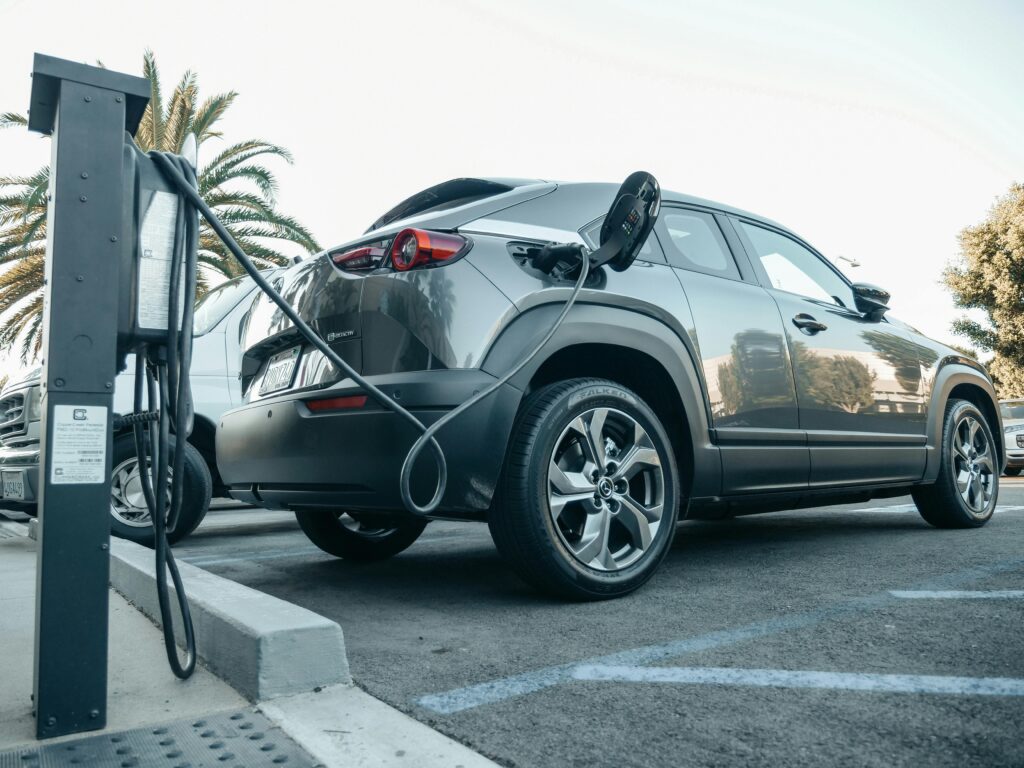
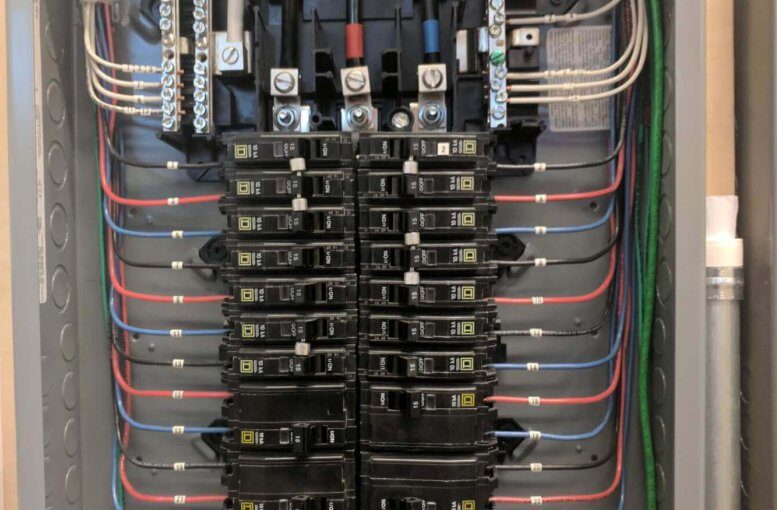
Panel & Meter Upgrades
Outdated or Unsafe Equipment
Old meters may:
Lack proper grounding or modern safety features
Have deteriorating components that increase fire or shock risks
Not meet current National Electrical Code (NEC) standards
Solar Panel or Generator Installation
When installing solar panels, battery backup systems, or whole-home generators, your meter often needs to:
Support bi-directional metering (to sell back to the grid)
Connect safely with distributed generation equipment
Meet utility interconnection requirements
Smart Switches
Control your lights from anywhere via a smartphone app. Whether you’re in bed or away on vacation, you can turn lights on or off with ease.
- Enhanced Convenience & Control
- Energy Efficiency & Cost Savings
- Increased Home Security
- Customization and Integration
- Improved Aesthetics and Modernization

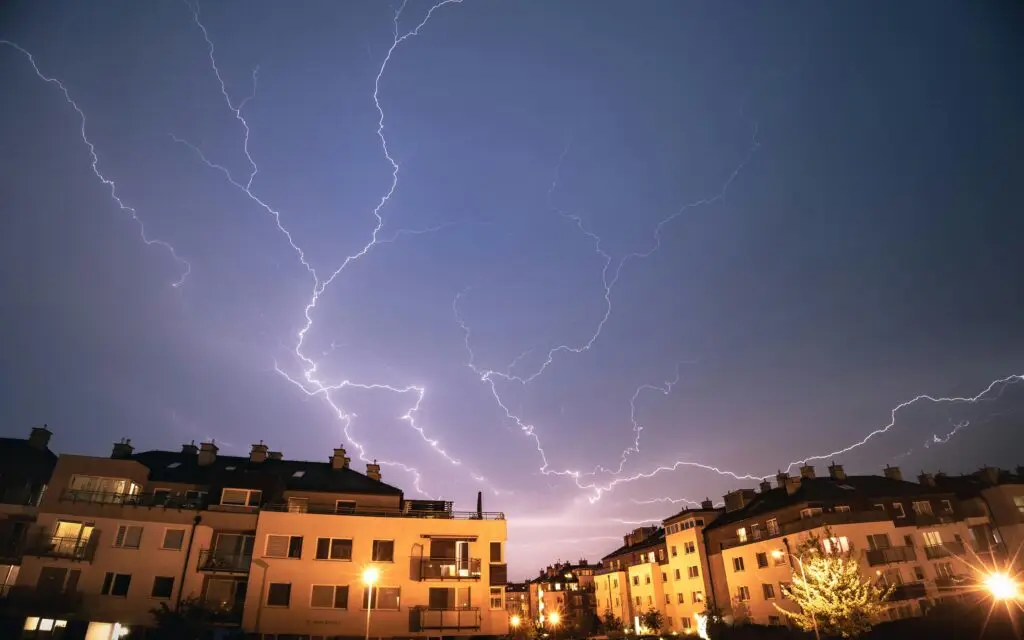
Whole Home Surge Protection
Whole home surge protection is a system installed at your electrical panel or meter to shield your entire home’s wiring and appliances from sudden voltage spikes (surges). These surges can result from lightning strikes, power outages, downed power lines, or even routine utility grid switching.
- Comprehensive Appliance and Electronics Protection
- Increased Electrical Safety
- Saves Money in the Long Run
- Protects Smart Home and High-Tech Equipment
- Complements Point-of-Use Surge Strips
- Peace of Mind During Storms
Multi-Point Electrical Inspection
A multi-point electrical inspection involves systematically checking numerous components of a residential or commercial electrical system to ensure safety, functionality, and code compliance. Here’s an example of what such an inspection might include:
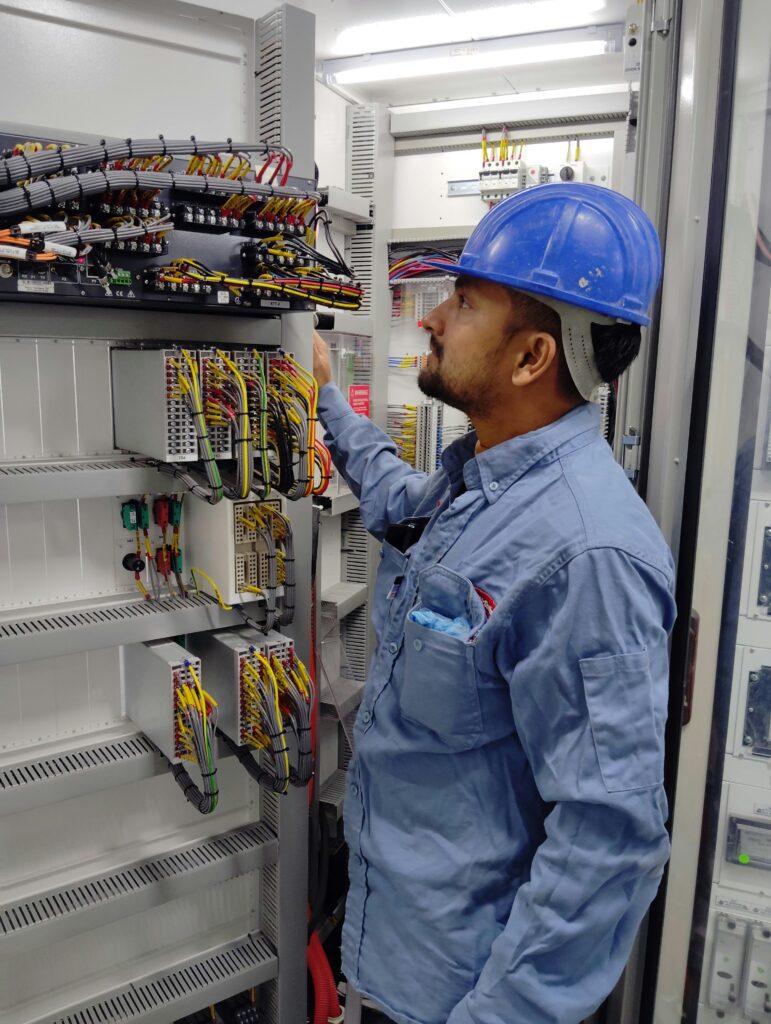
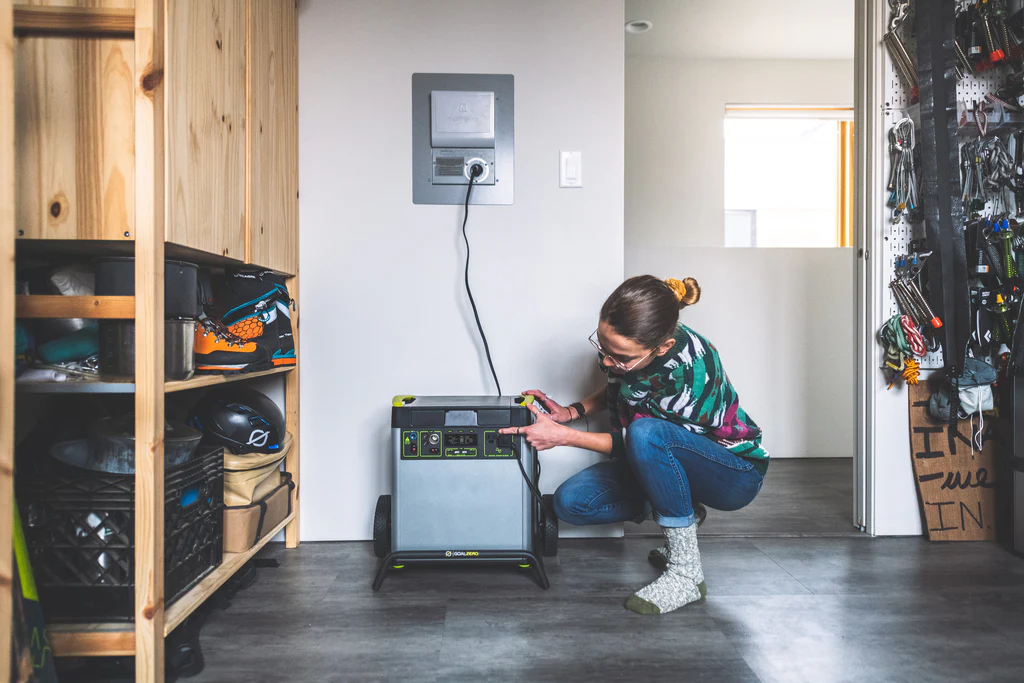
Solar Generators
A short paragraph describing what your service offers and how it helps clients. This is your chance to convince the visitor that your business is the right choice for them.
Trust and Quality
Brands We Love





